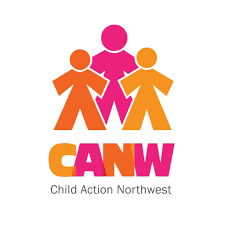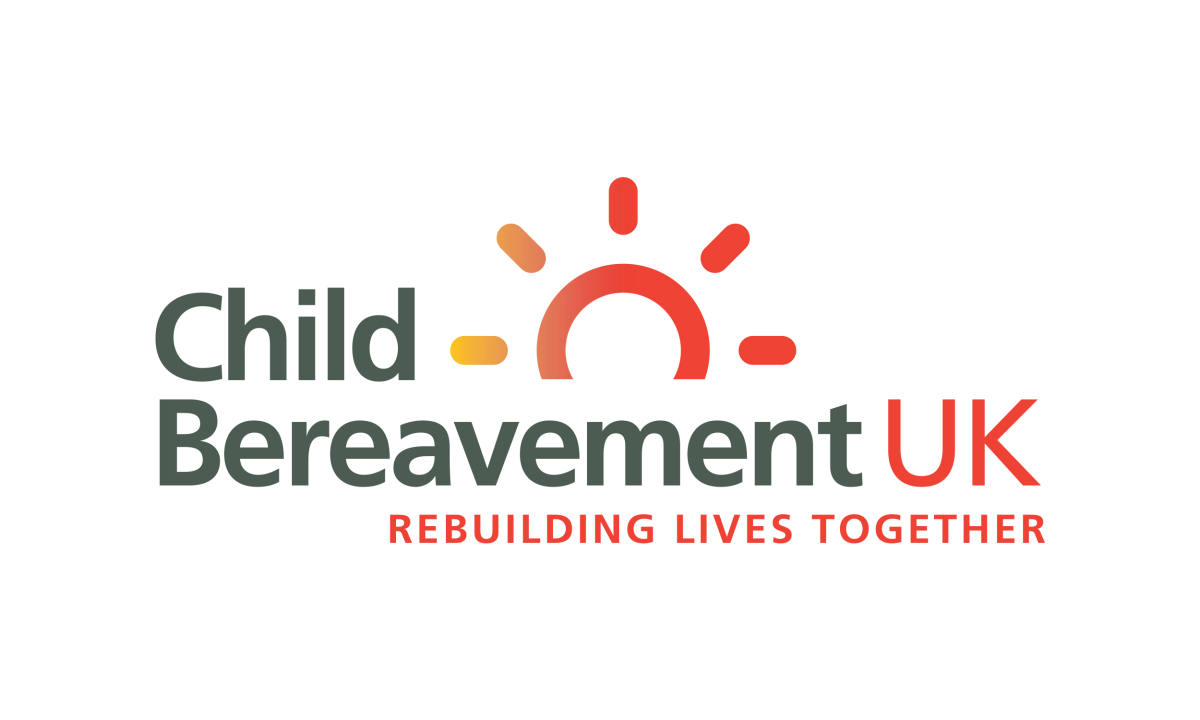Supporting Children Affected by Domestic Abuse
How Charities Can Take Action
Recent reports have shown a surge in concerns about children experiencing domestic abuse in the UK, highlighting an urgent need for action. According to the NSPCC, more children are being affected by the traumatic consequences of domestic violence, with concerns reaching an all-time high. This increase in reports underscores the importance of charities in providing support for vulnerable children, raising awareness, and driving policy changes that can protect them.
As a charity dedicated to children’s welfare, your organisation can play a pivotal role in addressing the rise in domestic abuse cases involving children. Here’s how you can help:
1. Raise Awareness About the Impact of Domestic Abuse on Children
Children who witness or experience domestic abuse face a range of emotional, psychological, and physical consequences. Raising awareness about the severe impact of domestic violence on children is essential for both prevention and early intervention.
- Educational Campaigns: Use your charity’s platform to share statistics, case studies, and personal stories that shed light on the effects of domestic abuse on children. By highlighting how domestic violence affects children’s mental health, safety, and development, charities can educate the public and policymakers about the urgent need for support.
- Engage with Schools and Communities: Partner with schools and community groups to run workshops and training sessions for children, parents, and professionals. These can help raise awareness about the signs of abuse, what resources are available, and how communities can protect vulnerable children.
2. Provide Direct Support to Children and Families
Children living in households affected by domestic abuse need immediate and long-term support. Charities can provide critical resources, such as counselling, safe spaces, and helplines, to children and families affected by domestic violence.
- Helplines and Crisis Support: Establish or partner with helplines that offer confidential advice and support for children in unsafe situations. Charities can act as a bridge between children and the resources they need, offering advice on safety planning, accessing shelters, or connecting with legal assistance.
- Therapeutic Services: Providing counselling services for children who have witnessed or experienced domestic violence can help them process trauma and begin to heal. Charities can offer or collaborate with mental health professionals to provide therapeutic services for children, young people, and families.
3. Advocate for Policy Change and Legal Protection
Charities can be powerful advocates for legislative change that better protects children from domestic abuse. By lobbying for stronger laws, better enforcement, and more resources for child protection, your charity can drive systemic change.
- Lobby for Stronger Laws: Push for changes in domestic abuse legislation that include children as direct victims and ensure stronger protections for young people living in abusive environments. This could include advocating for reforms in family law and child protection services to ensure children’s voices are heard in court.
- Support Refugees and Safe Housing: Advocate for increased funding and support for domestic abuse shelters and safe housing options for children and families escaping violence. Charities can work together to call for better integration of housing, healthcare, and legal services for those fleeing abuse.
4. Raise Funds for Domestic Abuse Support Programs
To continue offering essential services to children affected by domestic abuse, charities need sustainable funding. Charities can raise awareness about the importance of these services through fundraising campaigns and donor engagement.
- Fundraising Initiatives: Organise fundraising events such as charity runs, auctions, or awareness campaigns to raise funds for children’s domestic abuse services. Supporters can be encouraged to donate or volunteer to help fund vital services like safe housing, therapy, and helplines.
- Partnerships and Grants: Collaborate with other charities, foundations, and governmental bodies to secure grants or joint funding for long-term projects aimed at supporting children affected by domestic abuse.
Final Thoughts
The recent surge in concerns about children experiencing domestic abuse is a stark reminder of the need for increased action and support. Charities have an essential role to play in raising awareness, providing direct support, advocating for change, and securing the resources needed to protect children from the devastating impact of domestic violence.
By offering counselling services, advocating for stronger laws, and working with communities, your charity can make a tangible difference in the lives of children affected by domestic abuse and help create a safer environment for them to thrive.
Join the movement to protect children from domestic abuse. Support our campaigns, donate, or volunteer to help provide safety and healing to children in need.
Published: 5 December 2024
Updated: 27 January 2025







